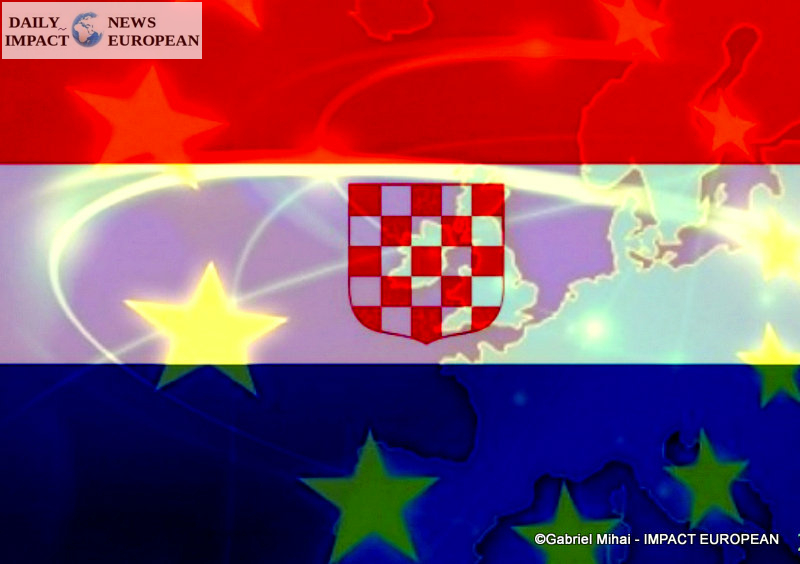Since the entry into force of the Lisbon Treaty, the Presidency of the Council has been split into two: the President of the European Council and the rotating Presidency of the Council of the European Union (Council of Ministers). Since July 1, 2019, Finland has assumed the latter.
Each country of the European Union in turn chairs the Council of the European Union for a period of six months. After Bulgaria, Romania assumed this function from January to June 2019 and passed on to Finland for the second half of 2019.
While Zagreb will assume the rotating presidency of the European Union for the first time on January 1, the government is wondering how to end an exodus that has drained entire regions of this country since 2013.
The principle of rotating presidencies applies to all formations of the Council of Ministers of the European Union, except the Foreign Affairs Council, chaired by the High Representative of the Union for Foreign Affairs and Security Policy.
For six years, exports have increased, European funding has poured in. But the average salary of 862 euros per month cannot compete with what is practiced elsewhere. Nor is Croatia spared the corruption and patronage that prevails in all of the Balkans.
Today, 15.4% of the working population lives in another European country, the highest proportion behind Romania, according to Eurostat.
Croatia had at the last census in 2011: 4.2 million inhabitants. But since 2013, 190,000 people have left. And as official statistics do not count those who do not report their departure, specialists estimate that 300,000 inhabitants are missing.
According to a poll by the University of Zagreb in November, more than two-thirds of people migrate for economic reasons. The second reason is fed up with corruption.
GNP per capita is the second lowest in the EU after Bulgaria, according to Eurostat. The economy, heavily dependent on tourism, lacks arms and relies on migrants from the region, Bosnia, Serbia or Kosovo to function.
The government announced a series of measures this year to encourage young people to stay and bear children. The demographic question is at the heart of « the survival of the Croatian nation », explains Prime Minister Andrej Plenkovic.
President Kolinda Grabar-Kitarovic, in the running for a second presidential mandate on December 22, recently considered that « negative demographic trends » represented the « main challenge » for Croatia.
Views: 0



Plus d'histoires
Grand Ciel Reaches the Big Screen
France: Thousands of Doctors March in Paris Against “Authoritarian Drift” in Healthcare System
Agricultural crisis: farmers bring protests to Paris over EU–Mercosur deal